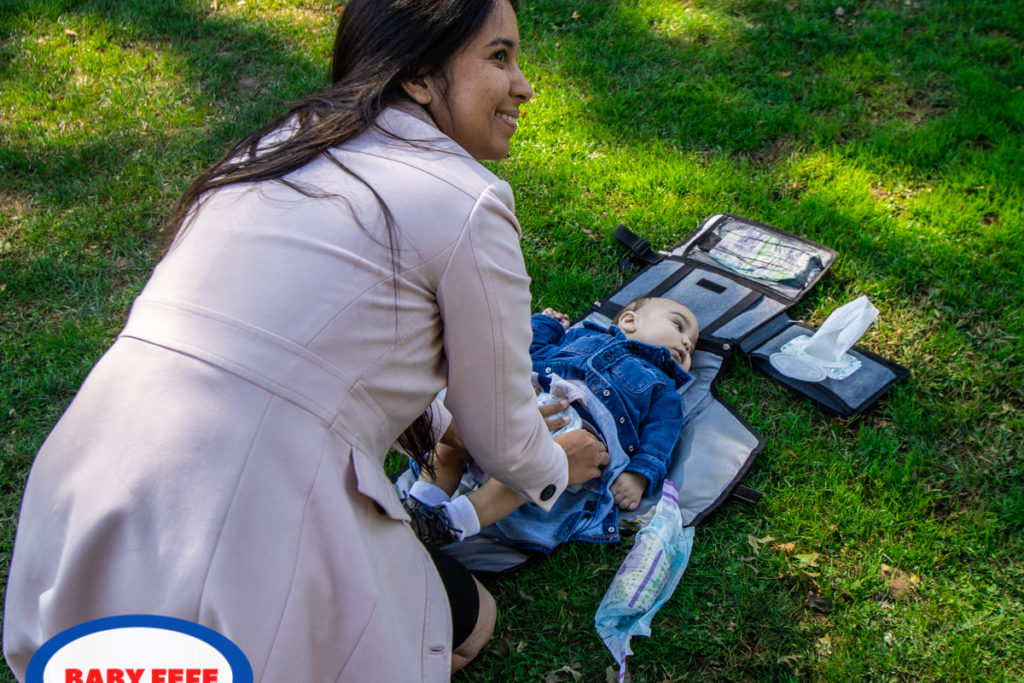Being a parent is one of the most rewarding experiences, but it can also be challenging.
One of the biggest challenges for parents is balancing the demands of both work and parenting.
Finding the time and energy to be fully present in both roles can be difficult, but don’t worry; you’re not alone!
In this blog post, I will share some tips and tricks for managing the challenges of dual careers.
Whether you’re a working parent, a stay-at-home parent, or somewhere in between, these tips will help you find a balance and make the most of your time.
We hope you find this post helpful and that it gives you some ideas for how to make your life a little bit easier. So, let’s dive in!
What are the Challenges of Juggling Work and Parenting

Time management:
Balancing the demands of work and parenting can be a struggle, with limited time available to complete tasks and spend with children. This can lead to feelings of guilt or inadequacy when you cannot fully meet the needs of either role.
Work-life balance:
The line between work and home life can blur, making it difficult to disconnect from work and entirely focus on parenting. This can lead to feelings of burnout and stress.
Communication and support:
Being a working parent can be lonely, and it can be difficult to find someone who understands your unique challenges. With a support system in place, finding the emotional and practical support you need can be more accessible.
Flexible work arrangements:
Many parents struggle to find a work-life balance because their job doesn’t offer flexible contracts. This can make taking care of their children hard, especially if they have to be in the office during regular working hours.
Tips for Overcoming the Challenges of Juggling Work and Parenting

We will now explore each challenge and discuss how you can overcome it:
Time Management
Time management is a crucial aspect of balancing work and parenting.
One important aspect of time management is prioritizing and scheduling tasks.
This involves identifying the most important tasks that need to be completed and scheduling them in a way that allows for efficient use of time.
For example, parents can schedule work tasks during the hours when their children are in school or at daycare and allocate more time for parenting responsibilities when their children are at home.
Another critical aspect of time management is delegating responsibilities.
This involves assigning tasks to others, such as hiring a babysitter or asking grandparents to help with childcare.
This can free up more time for parents to focus on work or parenting tasks.
Lastly, making the most of time with children is also important.
This involves being present and engaged with children during their time together, rather than just being physically present but mentally focused on work or other responsibilities.
This will provide the child with a sense of security and love while also helping to strengthen the bonds.
Work-Life Balance
Work-life balance is essential for the well-being of both parents and children.
A critical aspect of achieving work-life balance is setting boundaries between work and home life.
This means separating work responsibilities and home responsibilities, both physically and mentally.
For example, parents can establish specific times during the day when they will not be available for work-related tasks and will instead focus on family responsibilities.
Another important aspect of work-life balance is finding ways to disconnect from work while at home.
This can include turning off work-related notifications on personal devices, setting aside specific time for hobbies or leisure activities, or engaging in relaxation techniques.
It is also important for parents to practice self-care to maintain their well-being and manage stress.
Self-care can include exercise, meditation, or spending time with friends and family.
When parents can maintain a balance between work and home life, they can better provide the necessary support and guidance to their children and take care of themselves.
Communication and Support
Effective communication and support are essential for a healthy work-life balance as a parent. One aspect of this is communicating with a partner or co-parent.
This involves discussing the responsibilities and expectations of each parent, as well as any challenges or concerns that may arise.
Clear communication helps to ensure that both parents are on the same page and can work together to support each other.
Another important aspect of communication and support is seeking support from friends and family. This can include asking for help with childcare or delegating specific tasks.
Additionally, parents can also utilize resources such as a parenting support group.
Joining a group of other parents who are also navigating the challenges of balancing work and parenting can provide a sense of community and practical advice and support.
Overall, effective communication and support can help parents to feel less isolated and overwhelmed and more capable of handling the demands of both work and parenting.
Flexible Work Arrangements
Flexible work arrangements greatly benefit parents trying to balance work and parenting responsibilities.
Flexible work options give parents more control over their schedules and help them better align their work and personal responsibilities.
The benefits of flexible work options include increased productivity, improved job satisfaction, and reduced stress levels.
One way parents can access flexible work arrangements is by finding and negotiating with an employer.
This may involve discussing options such as flexible work hours, job sharing, or part-time work.
Parents can also explore alternative work options, such as telecommuting or freelancing, which give them more control over their work schedule and location.
- Telecommuting or working from home allows parents to balance their work and parenting responsibilities by eliminating the need for daily commutes. It also enables them to be available for their children when needed.
- Freelancing allows parents to take on projects on a flexible schedule, giving them more control over their time and balancing their work and parenting responsibilities.
Overall, flexible work arrangements give parents the flexibility they need to balance work and parenting responsibilities successfully.
Importance of finding a balance between work and parenting

Finding a balance between work and parenting is essential for both the child’s and the parent’s well-being.
When a parent can balance their time effectively, they can provide the necessary support, guidance, and attention to their child while also meeting the demands of their job.
This balance helps the child feel secure and loved, leading to better academic and social outcomes.
On the other hand, when a parent is unable to balance their time effectively, they may feel stressed, overwhelmed, and guilty, which can negatively impact their mental and physical health.
This lack of balance can also affect the child’s development and well-being.
Therefore, parents need to make a conscious effort to find a balance between their work and parenting.
Is it ok for both parents to work?
Having both parents work can provide financial stability and personal and professional growth opportunities.
It can also serve as a positive role model for children, showing them the importance of hard work and determination.
However, families should find a balance that works for them, and parents should prioritize their children’s responsibilities and ensure their needs are met.
This may include arranging for childcare or other support systems to ensure children are well-cared for a while both parents work.
Wrap-up and Conclusion

In conclusion, balancing work and parenting can be challenging, but it is essential for the well-being of both parents and children.
Throughout this post, we have discussed various tips and strategies to help parents achieve a healthy balance, including time management, setting boundaries, communication and support, and flexible work arrangements.
It is important to remember that finding a balance between work and parenting is an ongoing process that requires constant effort and adaptation to changing circumstances.
It is also important for parents to continue seeking resources and support.
This can include utilizing parenting support groups, discussing flexible work options with their employer, and seeking help from friends and family.
Remember that there is no one-size-fits-all solution, and trying different strategies and approaches is okay until you find what works best for your family.
With the right mindset and resources, parents can find a balance that works for them and their families.




